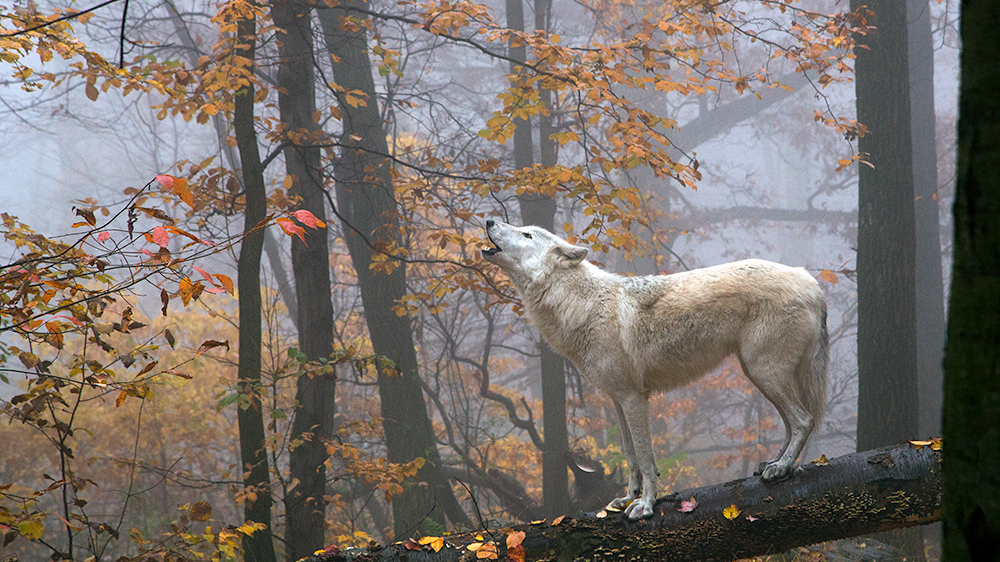sharing the landscape with wolves
sharing the landscape with wolves

A new research study published by the Norwegian Institute for Nature Research confirms that incidents of wolves attacking people in both North America and Europe are exceptionally rare. Those few conflicts that do occasionally occur are due mostly to habituation, which is the process by which a wild animal stops viewing people as things to avoid.
The paper, entitled “Wolf attacks on humans: an update for 2002–2020", builds off of the author’s pioneering 2002 research that surveyed human-wolf altercations around the world, combining media reports, peer-reviewed literature, and expert interviews in order to form a comprehensive list that covers 2002 through 2020.
In North America and Europe, 14 attacks have taken place, only two of which were fatal. This is despite recovering wolf populations in both the continental U.S. and in Europe. Approximately 60,000 wolves live in North America and 15,000 in Europe, hence, it is a species which clearly shares habitat with hundreds of millions of people.
A key conclusion of the study
Where wild rabies is controlled (as in North America and most of Europe), the risk of a wolf attack is greater than zero, but too low to calculate.
The authors confirm what we already know and what the data has consistently shown: The vast majority of wolves share the landscape without hurting people. Those few instances where it can be traced back is due mainly to some sort of habituation, often spurred by human behaviour. This is good news as it means that we can prevent nearly every tragic confrontation between people and wolves by implementing some very simple changes.
Solutions we can adopt
The number one preventive measure is to remove food sources. This is the easiest and most effective way to promote coexistence. Many of the rare instances where wolves have attacked people have involved animals that have had access to garbage or other unnatural food sources eventually leading to habituation.
The report also highlights communication and education as key. Often the greatest obstacle to effective conservation is misinformation. In this case, there is an enormous misperception about the dangers posed by wolves to the human population. The study makes it clear through nearly decades-long accumulation and analysis of evidence that as long as people are taking the right steps, wolves pose very little danger to people at all.
For decades, IFAW has worked to promote coexistence across the globe by educating about the simple and effective ways people can change their behaviour to prevent habituation; not only safeguarding people but protecting the animals with whom we share the planet. This work is rooted in science and data, as well as extensive outreach to communities who live alongside wildlife.
For more on coexistence, see our report where you can find out what IFAW is doing to ensure animals and people thrive together.
-Mark Hofberg, IFAW Campaigns Officer
Related content
Our work can’t get done without you. Please give what you can to help animals thrive.